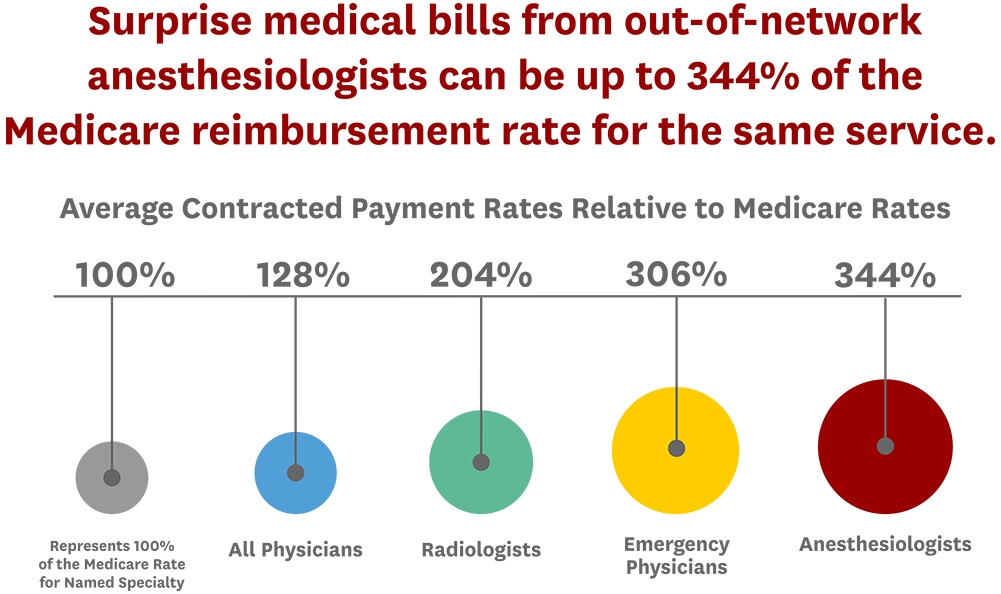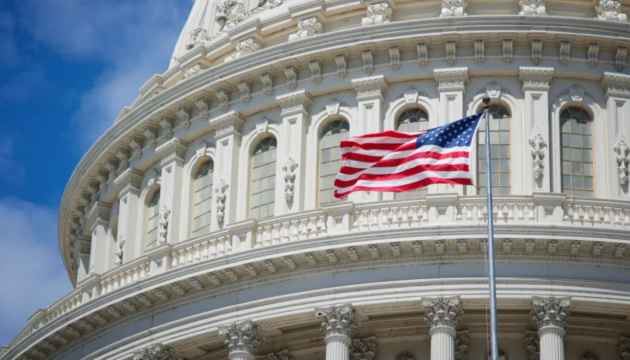
Surprise Balance Billing
Featured Topics
Lead story
Other featured articles
-
No Surprises Act Will Likely Reduce Payments to Most Emergency Medicine Providers, According to New USC Analysis
A payment rule in the No Surprises Act will likely lead to lower rates for emergency medicine procedures.
Posted in -
Comparison of Estimated No Surprises Act Qualifying Payment Amounts and Payments to In-Network and Out-of-Network Emergency Medicine Professionals
A payment rule in the No Surprise Act will likely lead to lower rates for emergency medicine procedures due to reduced bargaining power from hospital and physician groups.
Posted in -
Surprise Billing Dispute Resolution Outcomes in Texas Anchored to Median In-Network Allowed Amount
Analysis of cases that went through dispute resolution found the final allowed were largely anchored to the established.
Posted in -
Dispute Resolution Outcomes for Surprise Bills in Texas
Analysis of cases that went through dispute resolution found the final allowed were largely anchored to the established.
Posted in
About this section
Our Work In Surprise Balance Billing
-
Who Are the Winners in the No Surprises Act?
With the No Surprises Act set to take effect January 1, HHS is resisting a push from some doctor groups to weaken implementation rules of the legislation, and that’s a good thing. The law is a big win for patients, employers, and consumers.
Categorized in -
Private Equity-Owned Air Ambulance Carriers Get Paid More Money and Are Out-of-Network More Often
In this analysis, we build on that prior work to document differences in allowed amounts, out-of-network prevalence, and the magnitude of potential surprise balance bills across ownership types in the helicopter air ambulance market.
Categorized in -
Comments on No Surprises Act Rulemaking: Part I
Schaeffer Initiative experts offer comments on an interim final rule (IFR) issued by the Departments of Health and Human Services, Labor, and the Treasury implementing provisions of the No Surprises Act.
Categorized in -
“Equal Weighting” is a Poor Framework for Arbitration Decisions Under the No Surprises Act
If arbitrator are required to consider or weigh the various factors “equally” under the No Surprises Act, it would be close to meaningless and leave arbitrators without an actionable framework for making decisions. A lack of clear guidance would be costly—resulting in excessive use of arbitration, excessive payments to providers, and, in turn, excessive premiums.
-
Commercial and Medicare Advantage Payment for Anesthesiology Services
This study compares payments for common outpatient anesthesiology services by commercial health plans, Medicare Advantage (MA), and traditional Medicare.
-
Congress Ends Surprise Billing Implications for Payers, Providers and Patients
The No Surprises Act represents a rare bipartisan moment for Congress and a long-needed safeguard for patients that will reorient relationships among payers and providers.
Categorized in









